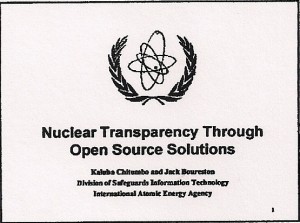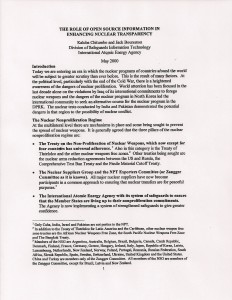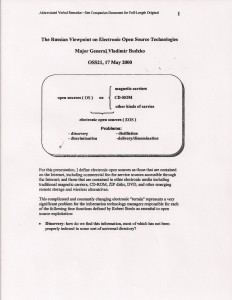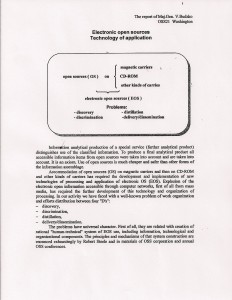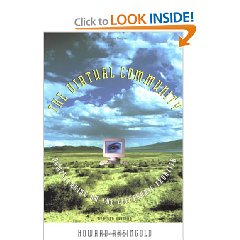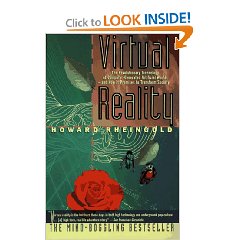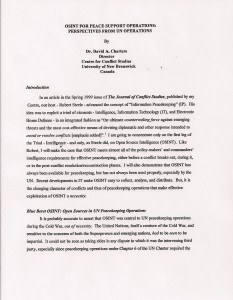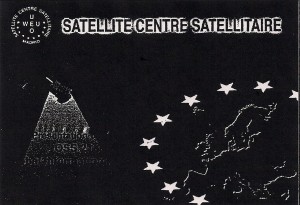
2000 Budzko (RU) The Russian Viewpoint on Electronic Open Source Technologies
Historic Contributions, TechnologiesReview: Tools for Thought–The History and Future of Mind-Expanding Technolog
5 Star, Consciousness & Social IQ, Decision-Making & Decision-Support, Intelligence (Commercial), Intelligence (Public)Howard Rheingold, former Editor of the Whole Earth Review and one of the pure-gold original thinkers in the Stewart Brand and Kevin Kelly circle, lays down a serious challange to both decisionmakers and software producers that has yet to be fully understood. Originally published in 1985, this book was a “must read” at the highest levels of advanced information processing circles then, but sadly its brilliant and coherent message has yet to take hold–largely because bureaucratic budgets and office politics are major obstacles to implementing new models where the focus is on empowering the employee rather than crunching financial numbers.
This book is a foundation reading for understanding why the software Bill Gates produces (and the Application Program Interfaces he persists in concealing) will never achieve the objectives that Howard and others believe are within our grasp–a desktop toolkit that not only produces multi-media documents without crashing ten times a day, but one that includes modeling & simulation, structured argument analysis, interactive search and retrieval of the deep web as well as commercial online systems, and geospatially-based heterogeneous data set visualization–and more–the desktop toolkit that emerges logically from Howard's vision must include easy clustering and linking of related data across sets, statistical analysis to reveal anomalies and identify trends in data across time, space, and topic, and a range of data conversion, machine language translation, analog video management, and automated data extraction from text and images. How hard can this be? VERY HARD. Why? Because no one is willing to create a railway guage standard in cyberspace that legally mandates the transparency and stability of Application Program Interfaces (API). Rheingold gets it, Gates does not. What a waste!

Review: The Virtual Community–Homesteading on the Electronic Frontier
5 Star, Civil Society, Culture, Research, Intelligence (Collective & Quantum)Review: Virtual Reality–The Revolutionary Technology of Computer-Generated Artificial Worlds – and How It Promises to Transform Society
5 Star, Asymmetric, Cyber, Hacking, Odd War, Change & Innovation, Complexity & Resilience, Consciousness & Social IQ, Culture, Research, Decision-Making & Decision-Support, Education (General), Future, Information Society, Information Technology2000 Charters (CA) OSINT for Peace Support Operations: Perspectives from UN Operations
Historic Contributions, Peace Intelligence2000 Chitumbo (UN) The Role of Open Source Information in Enhancing Nuclear Transparency (International Atomic Energy Agency)
Historic Contributions, Peace IntelligenceFew people have a proper appreciation for the security value of Open Source Intelligence (OSINT). It is the ONLY form of decision-support that can be shared with ANYBODY, and therefore it is the easist foundation for establishing a common view of the first 80% where it is easy to agree, and of the final 20% where more difficult and nuanced dialog must take place. The International Atomic Energy Agency (IAEA) continues to respect the needs of developing nations for nuclear energy, the fears of varied nations with respect to nuclear munitions, and the value of OSINT in addressing both sides of the nuclear coin.
